REFRAMING POVERTY: AUTHOR Q&A with Eric Meade #blogtour
Today's guest is author Eric Meade. His book is REFRAMING POVERTY: NEW THINKING AND FEELING ABOUT HUMANITY'S GREATEST CHALLENGE and he is here today to talk about his new book and what surprised him about the whole process of getting published.
Welcome to The Writer's Life! Now that your book has been published, we’d love to find out more about the process. Can we begin by having you take us at the beginning? When did you come up with the idea to write your book?
Writing has always been important to me, so I always knew I’d write a book at some point. I chose poverty because I really felt I had something important to say about it. My experiences working in Asia, consulting to nonprofits once I returned to the U.S., serving on the Board of Directors of a global development NGO, and teaching graduate students in social enterprise offered many different lenses on the issue. So the thinking that led to the book probably began consciously 10 years ago, but drew upon thoughts and experiences I had had even earlier. About 5 years ago I really started developing the ideas that I convey in the book, and testing them with my students. That was a gruelling but exhilarating process of converting what had been mere intimations into firm constructs that can be communicated quickly in conversation or through a diagram.
Who is your publisher and how did you find them or did you self-publish?
I self-published the book because I had a good sense of what the book needed to say and I wanted to put it out there. I did not want to wait through a traditional publisher’s process, assuming one was willing to pick me up, which may have been unlikely since I did not yet have the “platform” that many publishers demand. Also, since one of my professional titles is “futurist,” I suppose I tend to have a longer-term perspective on these things. My goal was to get the book out - to speak my mind into the world - and let it have whatever effect it would have on the poverty conversation. That’s probably not the best business model for the publishing industry, but that is how I have approached this work. It has been gratifying to see the positive response to the book, winning two awards and getting favorable reviews. That tells me I was right to put it out there when I did.
Is there anything that surprised you about getting your first book published?
Writing a book is such a big task, and it seems to be a widely held goal. So there was a lot of excitement for me about publishing a book. But then once the book was published, I immediately had the thought, “Well, I’ve only written one book.” So perhaps it’s a never-ending journey!
Do you believe a book cover plays an important role in the selling process?
I see book covers that to my eye scream “self-published” - odd fonts, loud images, misplaced text, etc. - and I get nervous about what’s inside the book. I don’t think my book looks self-published; I think we came up with a clean, professional cover. So that may help with sales by giving the book some immediate credibility - or at least the benefit of the doubt.
How hard was it to write a book like this and do you have any tips that you could pass on which would make the journey easier for other writers?
With this book I violated what many writers would probably see as the first rule of nonfiction: Simplify, simplify, simplify. This book contains many different and complex ideas, and I think its greatest success is that it presents them in a coherent, well organized whole. For the reader, the book actually facilitates an experience that is both cognitive and emotional. I think the book’s reviews so far back up that claim. I’m not sure a lot of writers would want to write a book like that. It was meaningful for me, and I hope it’s meaningful for readers, but it is definitely not the norm.
What other books are you working on and when will they be published?
I have no definite books in the pipeline right now, but I’m entertaining the notion of writing a book about gender - probably the only issue more contentious than poverty! I will likely try to work with a traditional publisher now that I’m out there with a bit of a track record.
What’s one fact about your book that would surprise people?
Most people are surprised by the sheer scope of the book’s content. It is not about poverty narrowly defined in economic or policy terms; it’s about poverty in the context of the human experience, and that is a much bigger topic!
Finally, what message are you trying to get across with your book?
I want the book to deepen our conversation about poverty, and to create a little more awareness about why we each believe what we do about poverty, and how those beliefs may produce conflict with others or may inhibit our work in the world. The first step in improving the world is to really understand the world as it is right now, in all its complexity, as well as our place in it, and that’s a step we so often skip.
Thank you again for this interview! Do you have any final words?
Reframing Poverty is a reading experience, so I do hope readers will trust me enough to read through to the end. My favorite Amazon review says, “When this book makes you angry, keep reading. It’s worth it.” I hope readers will approach the book with the courage to keep reading even when their first instinct may be to set it down and switch to something a little more comfortable or familiar.
Meet the Author
Website → http://www.ericmeade.com
Twitter → http://www.twitter.com/reframingpvrty
Facebook → http://www.facebook.com/reframingpovrty
Inside the Book
We
typically view poverty as a technical problem we can solve with more
money, more technology, and more volunteers. But there is an adaptive
side to the problem of poverty as well. Reframing Poverty directs
our attention to the emotional and often unconscious mindsets we bring
to this issue. Meade's approach is as unique as it is challenging.
Rather than trite tips or tricks, he offers a series of nested insights
from diverse fields like political science, physics, complexity theory,
and psychology. Most importantly, he provides a path of self-exploration
for those eager to become the kind of people who can successfully
navigate the tensions of a world in need.






















































































































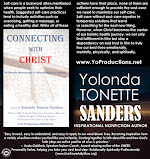


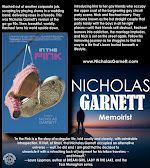


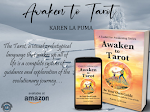
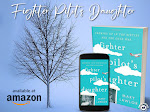
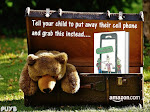



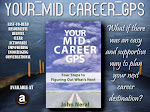
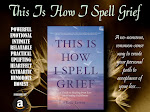
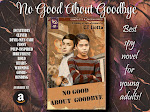


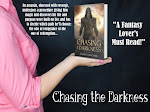
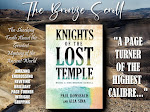



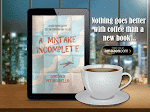
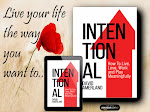
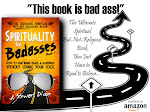

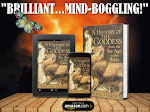


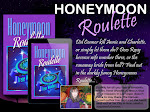
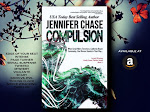

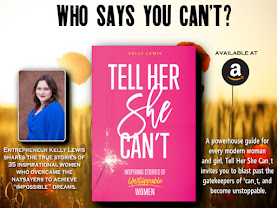















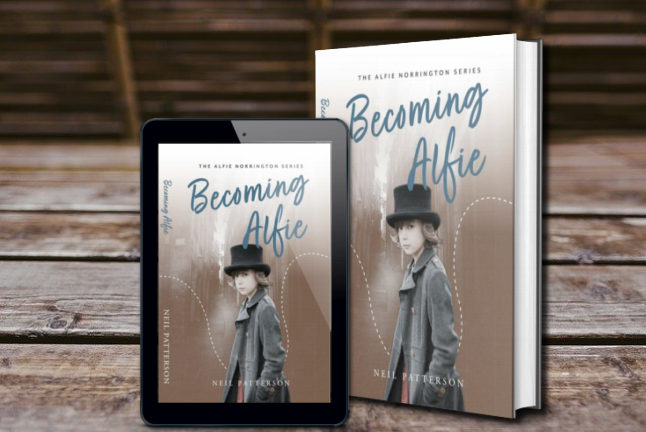
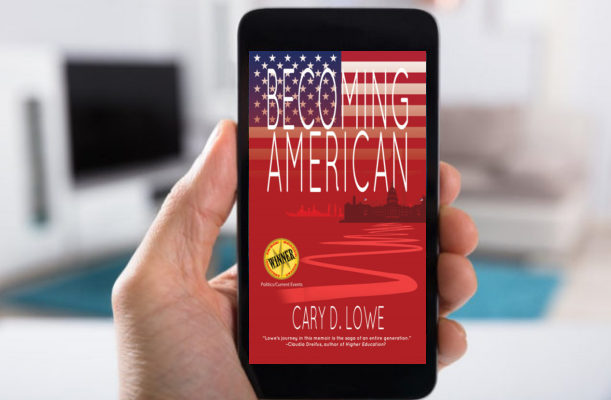






Leave a Comment